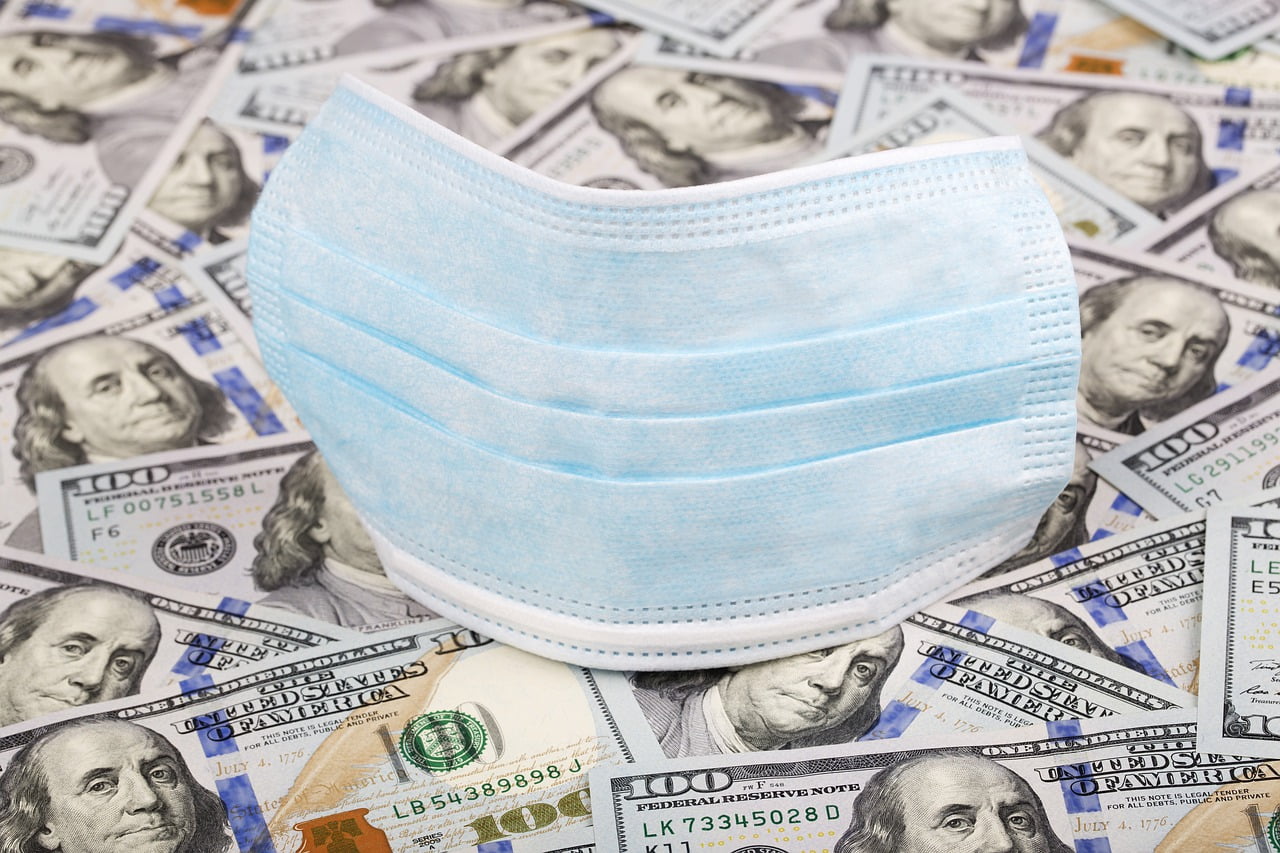All three rounds of stimulus checks, approved so far, came with no expiry date. This means recipients are free to spend the amount whenever they want and on whatever they want. However, the same doesn’t apply to one group of people. Coronavirus stimulus checks for nursing home residents on Medicaid come with a sort of expiry date.
Q4 2020 hedge fund letters, conferences and more
Those on Medicaid and living in nursing homes are generally allowed to hold a limited amount of assets in addition to their residence, car and other essentials. Usually, the limit for extra assets is $2,000. Those with assets more than this have to give up their health insurance program.
The first stimulus check of $1,200 didn’t count as income for Medicaid recipients. This means the nursing home residents could save the stimulus payment for themselves. However, these funds were set to be considered as an asset after one year, and this deadline is approaching fast. Congress approved the first stimulus checks in March last year.
However, coronavirus legislation approved last March prevents states from delisting those on Medicaid at the time of the public health emergency. This deadline also is scheduled to expire next month, but will likely be extended again, considering the coronavirus pandemic isn’t over yet.
For those on Medicaid, all this means is that they have time left to spend their stimulus check amount. Similar rules apply to the $600 stimulus checks approved in December of last year, and up to $1,400 stimulus payment approved earlier this month.
Even though those on Medicaid have time to spend their stimulus checks, it is recommended that they not wait until the last minute.
In separate news, the IRS and Treasury Department said Tuesday that Social Security and other federal beneficiaries would be issued their $1,400 stimulus checks this weekend. The majority of payments would be done electronically (direct deposits or payments to Direct Express cards), and thus, most people would get it on the same day.
There has already been a delay in the payment to about 30 million Social Security recipients, and it stirred up quite a controversy with the SSA being blamed for not providing the needed information to the IRS. Last week, the SSA finally submitted the files, and the IRS is now verifying the details to ensure it sends the correct amount to the eligible recipients.
This payment timeline applies to those who get Social Security, Railroad Retirement benefits, and Supplemental Security Income and who haven’t filed 2019 or 2020 tax returns, as well as didn’t use the IRS non-filer tool last year.
As per the IRS, many federal beneficiaries who filed either 2019 or 2020 tax returns or used the IRS’ non-filer tool last year, have already got the $1,400 stimulus payment.






